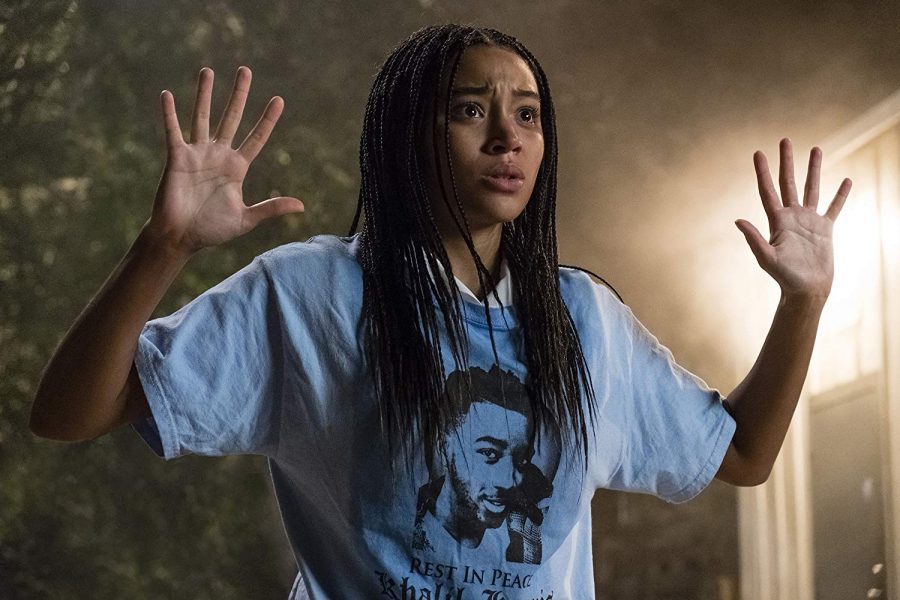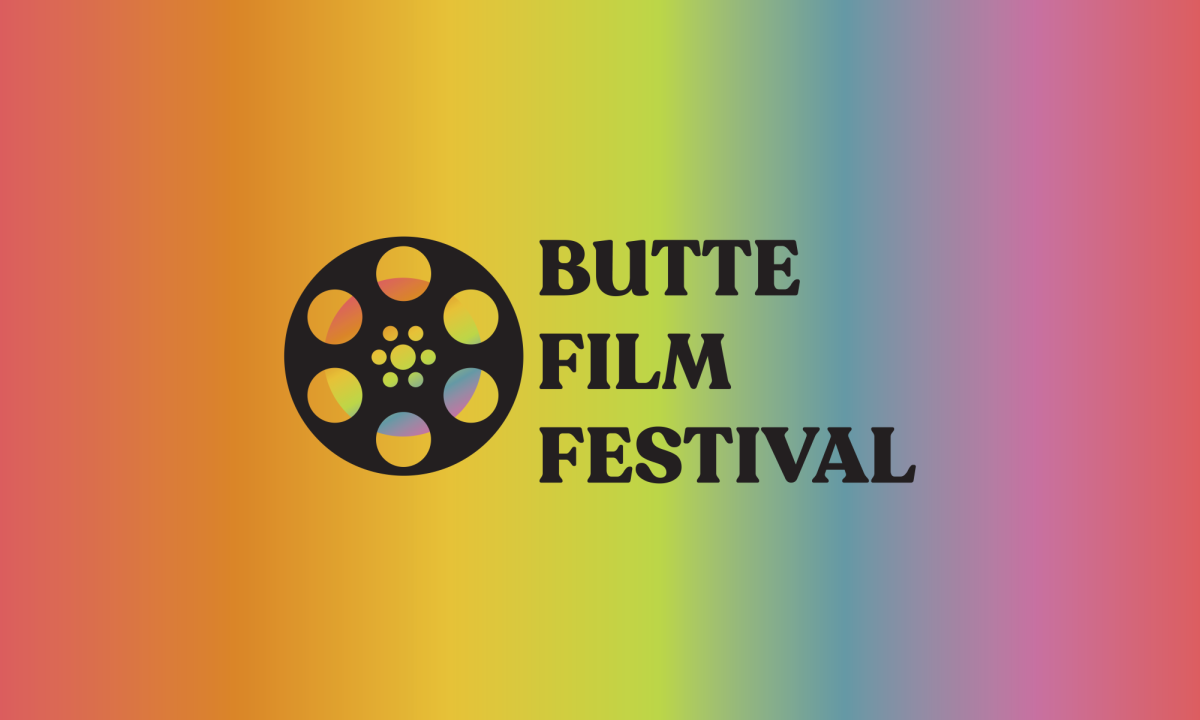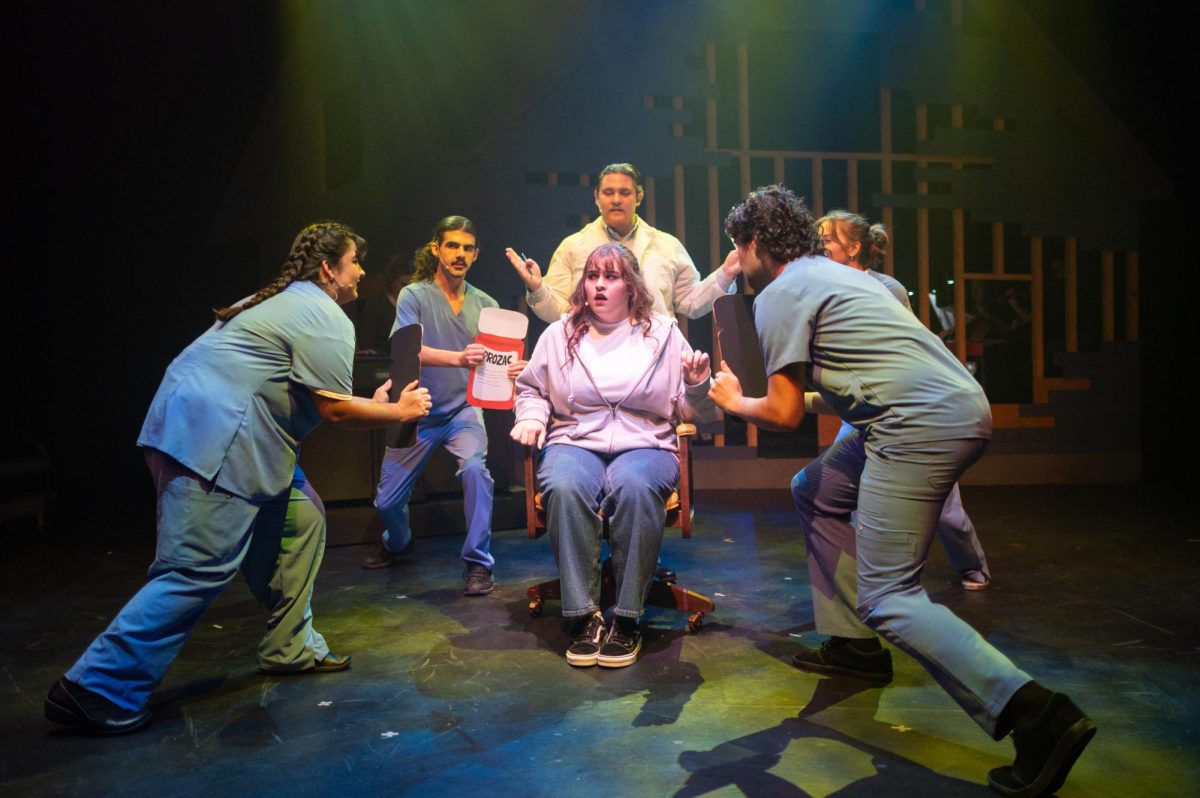“The Hate U Give,” directed by George Tillman Jr., follows Starr Carter (Amandla Stenberg), a high school girl who lives in a poor, mostly black neighborhood but attends a private school in an affluent, predominately white neighborhood. Carter struggles to come to terms with her racial and social identity within these two contrasting environments. However, when Carter witnesses her childhood friend, Khalil Harris (Algee Smith), gunned down by a police officer during a routine traffic stop, the emotional burden of her friend’s death inspires her to stand up for what is right.
“The Hate U Give” is named after Tupac Shakur’s famous line and rap collective of the same name. It’s an acronym that stands for “The Hate U Give Little Infants F**ks Everyone,” (THUG LIFE).
The film serves as a piece of commentary, critiquing police brutality against African-Americans as well as the black-on-black violence too often seen in poverty-stricken communities across the United States.
The message and overall theme of “The Hate U Give” is one that I sympathize with. It’s a very important topic that needs to be discussed in light of the current political and social climate. This film, however, delivers its message poorly.
Stenberg delivers one of the worst performances of her career. She has demonstrated with this film in particular that she has no range as an actor, and lacks the ability to deliver an authentic, emotionally-driven performance.
In almost every pivotal scene in the film with her character, Stenberg has the same bewildered facial expression, as if her character is suddenly surprised about how her community is riddled with so many socio-economic problems.
As bad as Stenberg’s performance was, she is not completely at fault. The writing of this film was atrocious.
There were many inconsistencies with Carter’s character arc, and I had many issues with her personality and traits. For instance, I couldn’t understand how Carter, in the first half of the film, would rather preserve her white-washed identity and personality than to publicly defend her best friend and come off as a social-activist to her peers.
Carter’s character felt unauthentic and ruined my suspension of disbelief.
On top of the awful construction of Carter’s character, the writing was filled with horribly clichéd monologues and awkward interactions between characters. Because of these flaws in the writing, the dialogue felt rushed and low-effort-as if the writers procrastinated until the last minute to finish the script.
Additionally, the plot was littered with plot holes and continuity issues. At one point in the film, Carter demands justice for Harris and, channeling her inner-Malcolm X, leads a protest against the police force. Yet, by the end of the film, she not only disregards the fact that Harris will never see justice, but also the problems the police bring to her community. This shows that Carter’s character is just as disillusioned at the end of the film as she was in the beginning.
The overtly dramatized climax, among many other scenes, tried to force a poignant mood, but in the end, just came off as emotionally manipulative and cheesy.
I appreciate what this film attempted to do in creating a discussion about police brutality, but the flaws in “The Hate U Give” heavily outweigh any good intentions it had to begin with.
Rating: 2/5 Stars
Angel Ortega can be reached at [email protected] and @AngelOrtegaNews on Twitter.









